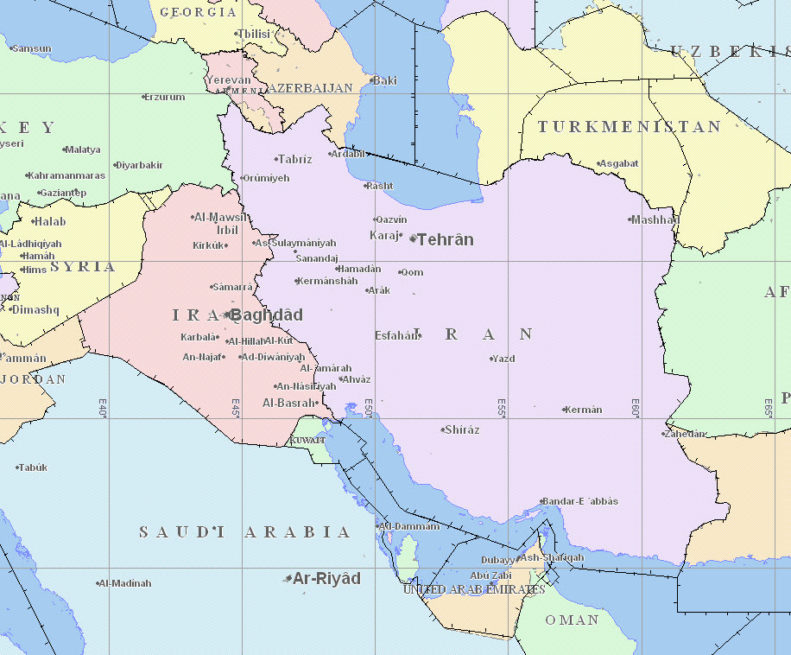
Middle East – Airspace Alert
In addition to the restrictions imposed by the FAA, EASA have now followed by specifically advising operators to avoid Iraqi airspace, and cautions on operations in the Persian Gulf and Gulf of Oman.
Eurocontrol have officially published the following guidance, stating, “Iraq should be avoided as a precautionary measure” it goes on to say “Following the recent events in the Middle East , an initial review of airspace safety has been made to evaluate the impact on the security and safety of all types of commercial flight operations in the region . Available information from various sources has been reviewed as well as intelligence assessments from Member States and information from airlines and other relevant parties so as to perform the most accurate assessment possible of the potential impact on civil traffic in the airspace of Iraq and Iran, as well as above the Persian Gulf and the Gulf of Oman.
The information available and these events give reason for concern and the status of aviation security in the area should therefore be reconsidered. An extraordinary meeting of the Integrated EU Aviation security Risk Assessment Group will take place on Friday 10 January to carry forward an assessment of civil aviation security risks in the region, and until that is completed and without pre-judging its results, we recommend that overflight of Iraqi airspace should be avoided as a precautionary measure.
As the on-going situation remains fluid, advice could change with little or no notice. For full and current information, please refer to FIR NOTAMs, EASA and FAA directives, and the CFMU NOP.
In addition to the restrictions imposed by the FAA, EASA have now followed by specifically advising operators to avoid Iraqi airspace, and cautions on operations in the Persian Gulf and Gulf of Oman.
Eurocontrol have officially published the following guidance, stating, “Iraq should be avoided as a precautionary measure” it goes on to say “Following the recent events in the Middle East , an initial review of airspace safety has been made to evaluate the impact on the security and safety of all types of commercial flight operations in the region . Available information from various sources has been reviewed as well as intelligence assessments from Member States and information from airlines and other relevant parties so as to perform the most accurate assessment possible of the potential impact on civil traffic in the airspace of Iraq and Iran, as well as above the Persian Gulf and the Gulf of Oman.
The information available and these events give reason for concern and the status of aviation security in the area should therefore be reconsidered. An extraordinary meeting of the Integrated EU Aviation security Risk Assessment Group will take place on Friday 10 January to carry forward an assessment of civil aviation security risks in the region, and until that is completed and without pre-judging its results, we recommend that overflight of Iraqi airspace should be avoided as a precautionary measure.
As the on-going situation remains fluid, advice could change with little or no notice. For full and current information, please refer to FIR NOTAMs, EASA and FAA directives, and the CFMU NOP.